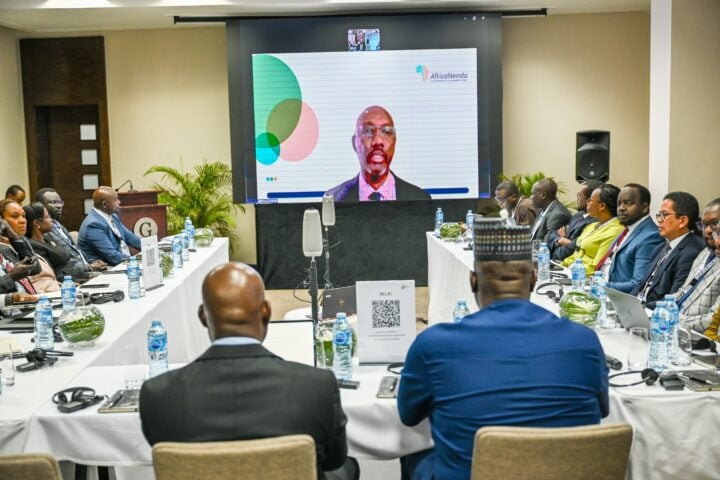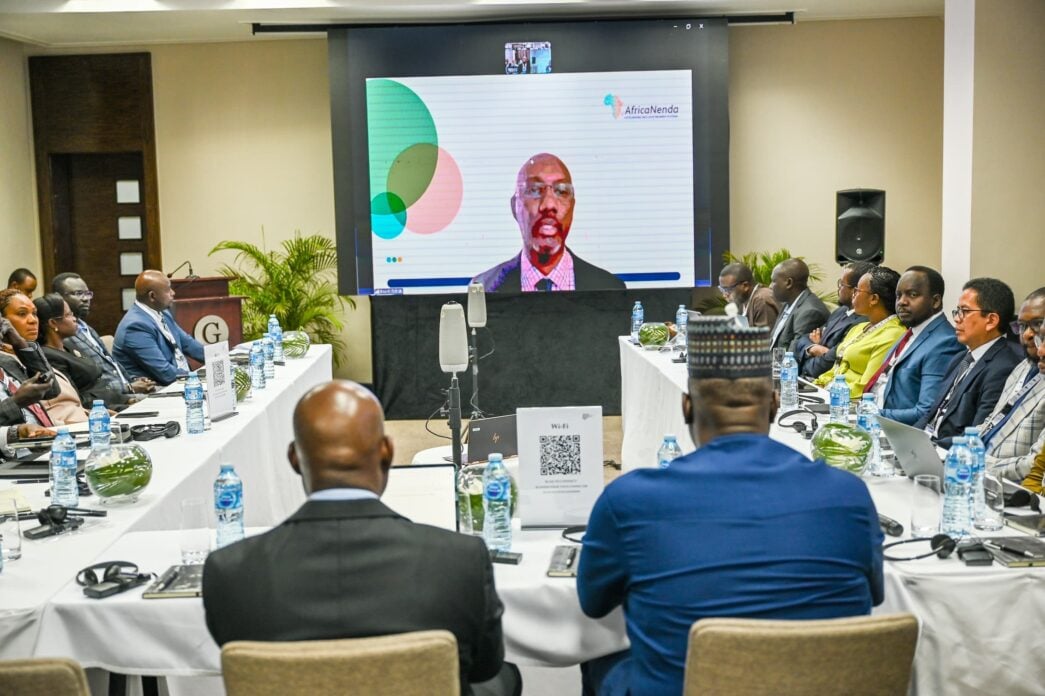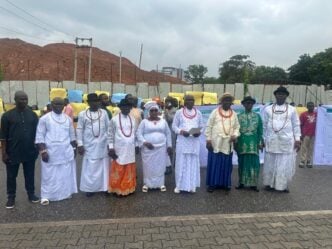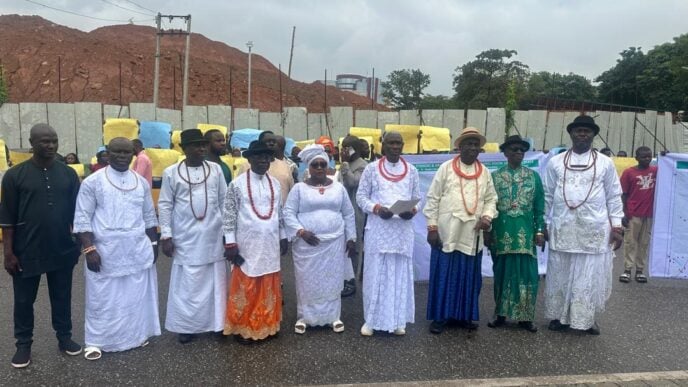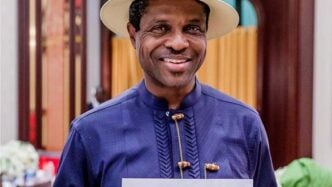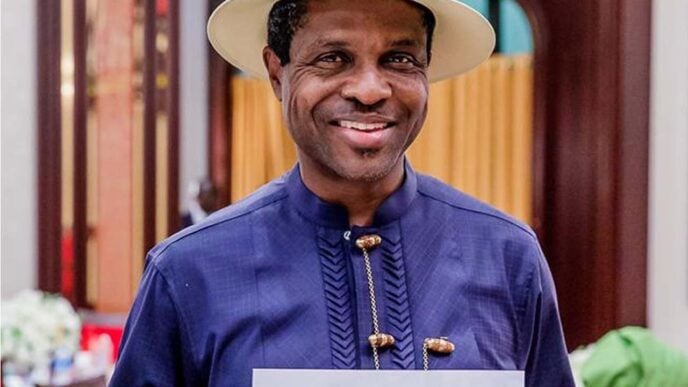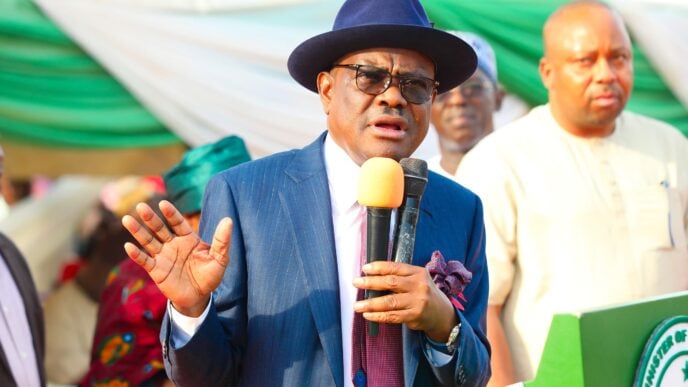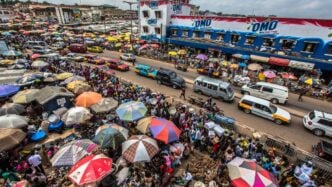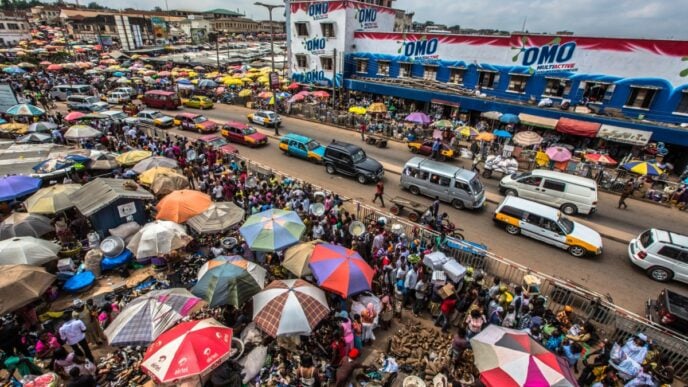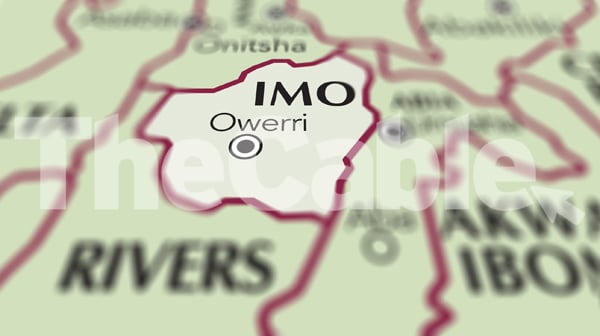Stakeholders in Africa’s financial and technology sectors have called for homegrown payment solutions to drive financial inclusion, warning that reliance on imported systems will continue to exclude millions from the digital economy.
Speaking at a peer learning forum in Lagos hosted by the AfricaNenda Foundation and Nigeria’s Inter-Bank Settlement System (NIBSS), participants from more than 20 African countries said only African-built platforms can address the continent’s unique realities of local languages, informal markets, and patchy infrastructure.
They pointed to Nigeria’s NIBSS as a leading example of how a domestic system can deliver at scale, processing nearly a billion transactions monthly while offering real-time clearing, strong security, and integration across banks, fintechs, mobile operators, and agent networks.
“Africa can build its own systems and make them world-class,” said Robert Ochola, chief executive officer of the AfricaNenda Foundation.
Advertisement
He added that imported technologies might offer speed, but they don’t necessarily guarantee fit.
During the five-day forum, NIBSS was spotlighted as one of the continent’s strongest examples of a homegrown system delivering at scale.
Processing close to a billion transactions every month, a statement released after the forum said NIBSS operates a fully domestic platform with real-time clearing, robust security, and integration that supports banks, fintechs, mobile operators, and agent networks.
Advertisement
The agency unveiled the National Payment Stack (NPS), a next-generation infrastructure that builds on the success of the NIBSS Instant Payments (NIP) platform.
Premier Oiwoh, managing director of NIBSS, described the NPS as a foundational investment in Nigeria’s financial future.
Designed with ISO 20022 compliance and sandbox-enabled APIs, the NPS supports instant settlement, Request-to-Pay, Direct Debit and Know Your Customer (KYC) validation. It also integrates Nigeria’s identity systems, including the Bank Verification Number (BVN) and National Identification Number (NIN), to expand access for the underserved.
Oiwoh said the goal was to make payments both inclusive and reliable.
Advertisement
“When it comes to uptime, 99.9 percent isn’t good enough. That 0.1 percent can be critical, even life-altering. For us, the only acceptable KPI is 100 percent,” he said.
Speakers at the forum warned against confusing digitisation with inclusion, adding that effective solutions must provide access through USSD for people without smartphones, offer affordable pricing, deploy agent networks to remote areas, and enable offline functionality.
The Lagos event drew participants from countries including Eswatini, Somalia, Togo, Guinea, Liberia, Madagascar and South Sudan.
Advertisement
